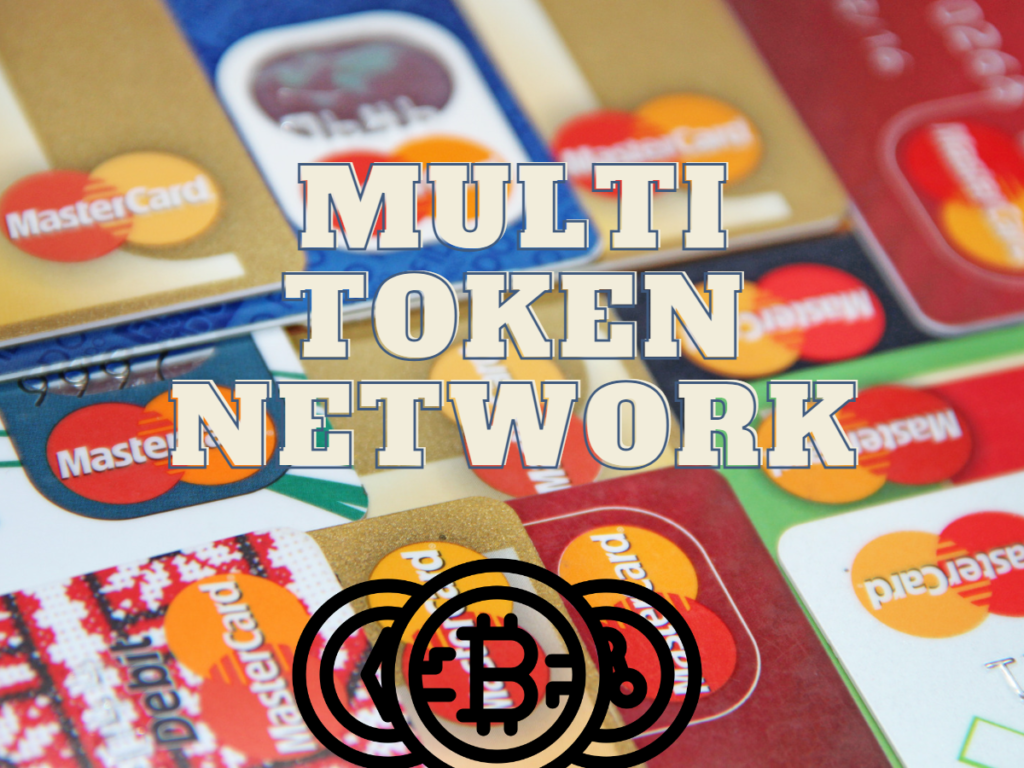Discover Mastercard’s latest venture into the cryptocurrency industry with the introduction of their groundbreaking product, the “Multi Token Network.”
Leading electronic payment service provider Mastercard is becoming more and more interested in the cryptocurrency industry. Recently, it was revealed that a brand-new product called “Multi Token Network” would enter beta testing this summer. This product acts as a kind of blockchain app store for the creation of hybrid solutions that can mediate between the security of services provided by financial intermediaries and the efficacy of cryptocurrencies
Mastercard and cryptocurrency created the new blockchain-based app store
Mastercard is demonstrating that it is genuinely interested in the realm of cryptocurrencies, as seen by its most recent news that it is initiating a pilot project to investigate cutting-edge solutions in the Web3 space.
The “Multi Token Network” (MNT) is a sort of blockchain-based app store that gives developers a variety of tools to build programs that can interact with the workings of financial institutions.
This infrastructure, which might address numerous trust problems and close numerous gaps preventing mass adoption in the cryptocurrency business, was not previously considered by anyone.
A significant number of developers and consumers who presently worry about the hazards of self custody might very easily come together as a result of the cryptocurrency industry’s affiliation with the second-largest debit and credit card provider in the world after Visa.
The platform will be introduced in beta this summer and tested initially in the United Kingdom before being thought about for expansion to further nations and continents.
Mastercard has established an occasion called the MTN Innovation Sprint to encourage the creation of this solution, which is a hybrid between the totally decentralized world and the world in which central institutions are trusted.
The event will play a key role in the inclusion of several initiatives in the development of an ecosystem of blockchain-based applications.
The infrastructure will reportedly be built on Ethereum, thus it should draw a big number of solidity developers, according to sources from Fortune.
Raj Dhamodharan, the manager of Mastercard’s cryptocurrency business, wrote the following in a letter yesterday in response to the unveiling of the Multi Token Network:
It serves as a testbed for the development of live pilot applications and use cases with financial institutions, fintechs, and central banks.
Bank deposits that have been tokenized: the first test of the “Multi Token Network”
The potential for tokenized bank deposits is the first crypto experiment to be launched under Mastercard’s Multi Token Network.
This is a true revolution in which bank savings, which are safeguarded by all the safeguards provided by financial institutions, are tokenized and integrated into the realm of on-chain technology.
Similar thinking was put forth by JPMorgan in February, but it would go against the grain because it sought to displace stablecoins from the cryptocurrency market.
Instead, they want to add regulated stablecoins to the initiative along with the central bank digital currencies.
Recall that stablecoins are now fully legal in Europe (subject to certain conditions) as a result of the European Parliament’s ratification of the “Market in Crypto Assets” (MICA) legislative framework, which will take effect in 2024.
In an interview with Coindesk, Dhamodharan provided the following introduction to the ambitious project:
What fuels the global economy today is regulated money in banks,” Dhamodharan said in an interview with CoinDesk.
Thus we are starting to do tokenized bank deposits, so the unit of money in a bank account is a digital asset on the blockchain, bringing the same level of programmability to those you find with digital currency in the crypto ecosystem.
The crypto community may benefit from increased blockchain activity. The “Multi Token Network” may violate privacy rights.
As a peer-to-peer (P2P) payment network that may replace fiduciary intermediaries like Mastercard, Bitcoin was first introduced to the globe.
With time, Ethereum has developed a decentralized architecture that acts as a “global computer for the world,” providing developers with a working operating system while also providing security.
The bitcoin community does not actually demand anything that Mastercard is recommending.
The simplicity of a financial infrastructure that protects deposits is worth losing years of privacy and freedom.
If one wants to avoid decentralization’s risks, Nexus Mutual and Insurance offer decentralized insurance options.
If you’re worried about self-custody, use multi-signature or hardware wallets.
Let’s not fall for it. Only a seed phrase kept in a secure location and a few Satoshi and Ether in the wallet are required.












